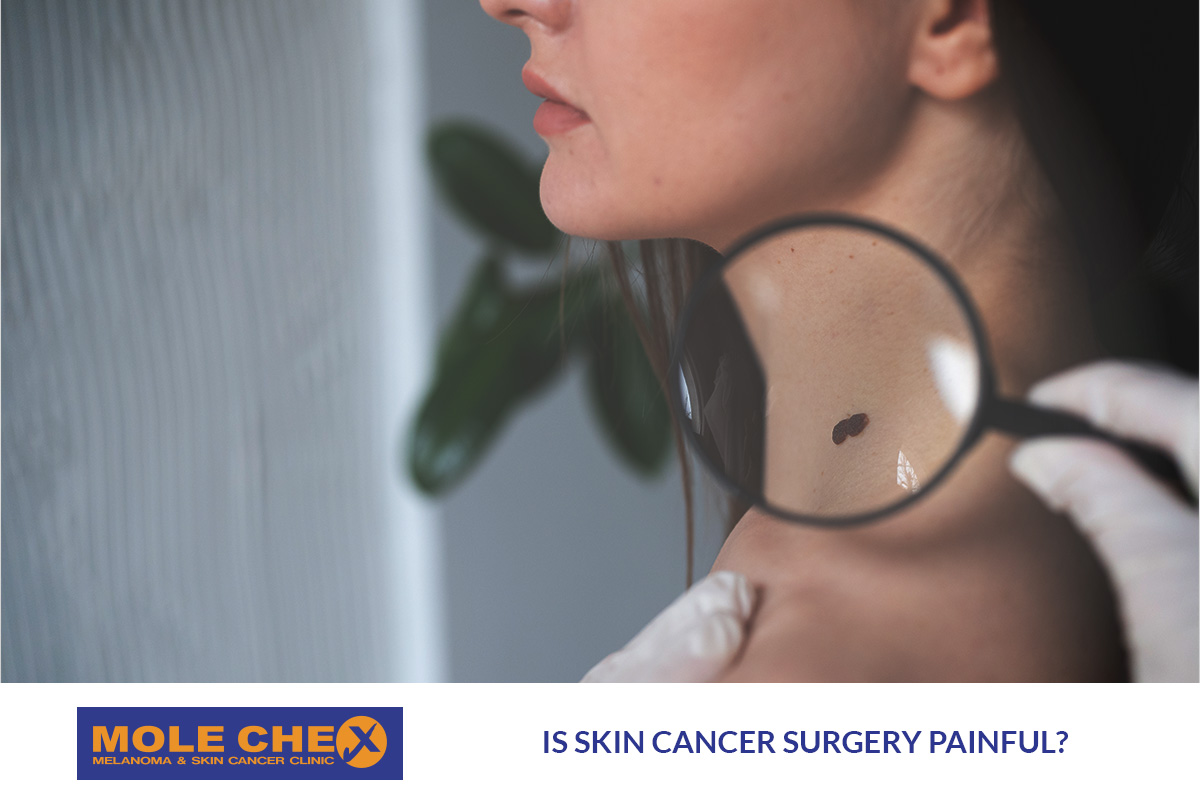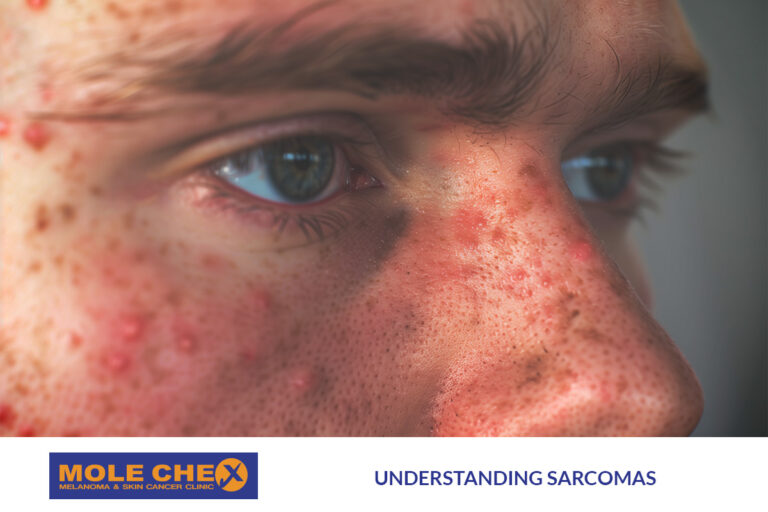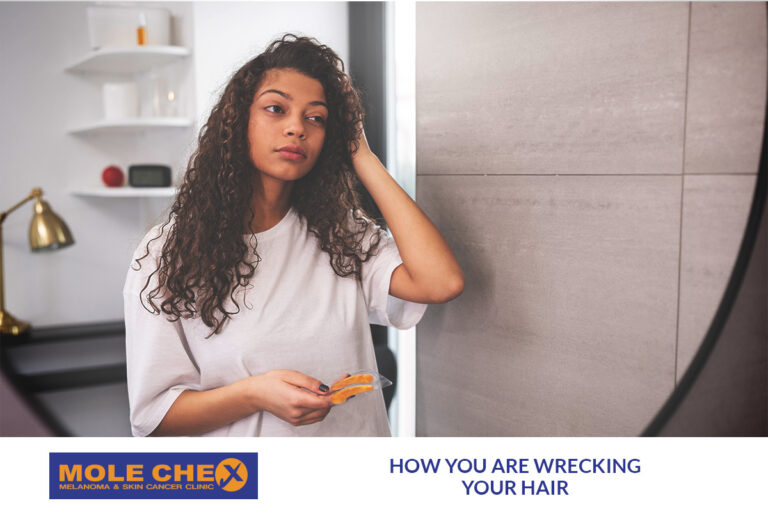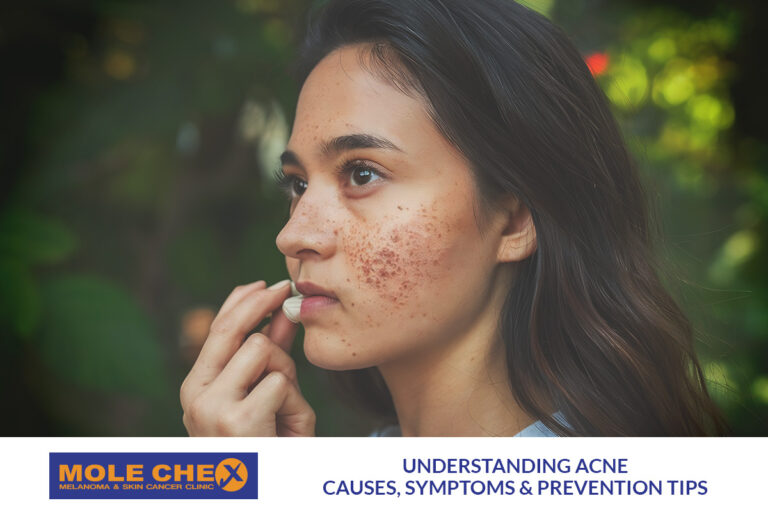Is Skin Cancer Surgery Painful? Here’s the Truth

When you hear the words “skin cancer surgery,” it’s natural to feel concerned about the procedure and the potential for pain. Many Australians, particularly in sunny Brisbane, understand the importance of regular skin checks due to the high incidence of skin cancer in the region. However, there is often anxiety around the surgery itself. Let’s explore what skin cancer surgery involves and address the common question: does it hurt?
Understanding Skin Cancer Surgery
Skin cancer surgery is one of the most effective ways to treat skin cancers, such as basal cell carcinoma, squamous cell carcinoma, and melanoma. Depending on the size, location, and type of cancer, different surgical techniques can be used to remove the cancerous tissue. The aim is to remove all the abnormal cells while preserving as much healthy skin as possible.
Here are the most common types of skin cancer surgeries:
- Excisional Surgery: The most frequently used method, where the cancerous area is cut out along with a small margin of healthy tissue.
- Mohs Surgery: A more advanced procedure that removes skin cancer layer by layer, ensuring minimal impact on healthy tissue.
- Curettage and Cautery: This technique scrapes away the cancer cells and uses heat to destroy any remaining abnormal cells.
While each procedure is effective, many patients wonder: how painful is it?
What to Expect During the Procedure
The good news is that during the surgery, you should feel very little, if any, pain. Most skin cancer surgeries are performed under local anaesthesia, meaning that only the area around the skin cancer is numbed. You will be awake during the procedure, but the anaesthesia prevents you from feeling pain in the treated area.
Here’s how local anaesthesia works:
- The doctor will inject a numbing agent directly into the skin around the cancer site.
- Within a few minutes, the area will be completely numb.
- You might feel pressure or movement as the surgeon works, but no sharp or painful sensations.
In some cases, particularly for more complex surgeries like Mohs surgery, additional doses of anaesthetic may be required if the surgery lasts longer than expected. The goal is to ensure that you are as comfortable as possible throughout the procedure.
Pain Management Techniques
For most people, the worst discomfort comes from the initial injection of the anaesthetic, which can feel like a small pinch or sting. After that, any pain is minimal.
If you’re someone who feels anxious about needles or medical procedures, discussing pain management options with your doctor beforehand can help. Some options may include:
- Topical Numbing Cream: Applied before the anaesthetic injection to reduce the sensation.
- Breathing Techniques or Distraction: Many doctors suggest focusing on breathing exercises or engaging in conversation to distract from the sensation.
Most patients find that skin cancer surgery is far less uncomfortable than they had feared.
Post-Surgery Recovery: What to Expect
Once the procedure is complete and the local anaesthetic wears off, it’s normal to feel some mild discomfort. The pain is generally not severe and can usually be managed with over-the-counter pain relief, such as paracetamol. Your doctor may also recommend applying cold compresses to reduce swelling or discomfort.
Here’s what you might experience post-surgery:
- Soreness or Tenderness: The treated area may feel sore for a few days, but this usually subsides quickly.
- Itching: As the wound heals, itching can occur, but it’s important to avoid scratching to allow proper healing.
- Mild Swelling or Bruising: This is common, especially if the surgery was done on delicate areas like the face or neck.
Your doctor will provide clear instructions for aftercare to ensure your wound heals properly and to minimise scarring. Follow-up appointments may also be scheduled to check on your progress.
How Long Does Recovery Take?
Recovery times vary depending on the size and location of the surgery. Smaller surgeries typically heal within one to two weeks, while more extensive surgeries, like those involving larger areas or requiring stitches, may take longer. Keeping the area clean, following your doctor’s advice, and avoiding sun exposure will help speed up recovery.
Does Skin Cancer Surgery Hurt? Final Thoughts
In conclusion, while it’s natural to worry about the potential pain from skin cancer surgery, the truth is that most patients experience little to no pain during the procedure itself thanks to local anaesthesia. Post-surgery discomfort is typically mild and can be managed with simple pain relief methods.
The key takeaway is that skin cancer surgery is a crucial step in protecting your health, and the short-term discomfort is far outweighed by the benefits of removing harmful cancer cells. Early detection and treatment are essential for the best outcomes, so regular skin checks and swift action on any suspicious spots are crucial, especially for Australians living in high-UV areas like Brisbane.
Taking control of your skin health with the help of skilled professionals ensures that any cancerous lesions are treated promptly and with minimal impact on your daily life.
How We Can Help
At Molechex, our experienced GPs specialise in skin cancer detection, treatment, and cosmetic care. Whether you’re in need of an annual skin check or skin cancer surgery, our team is committed to providing expert care in a comfortable environment.
Learn more by reading other articles :



